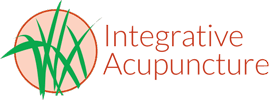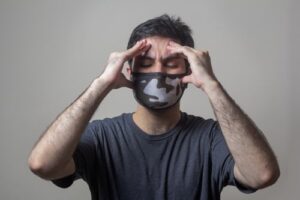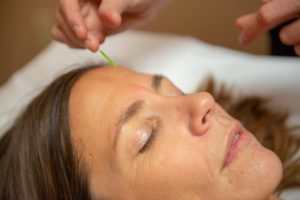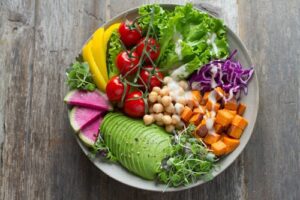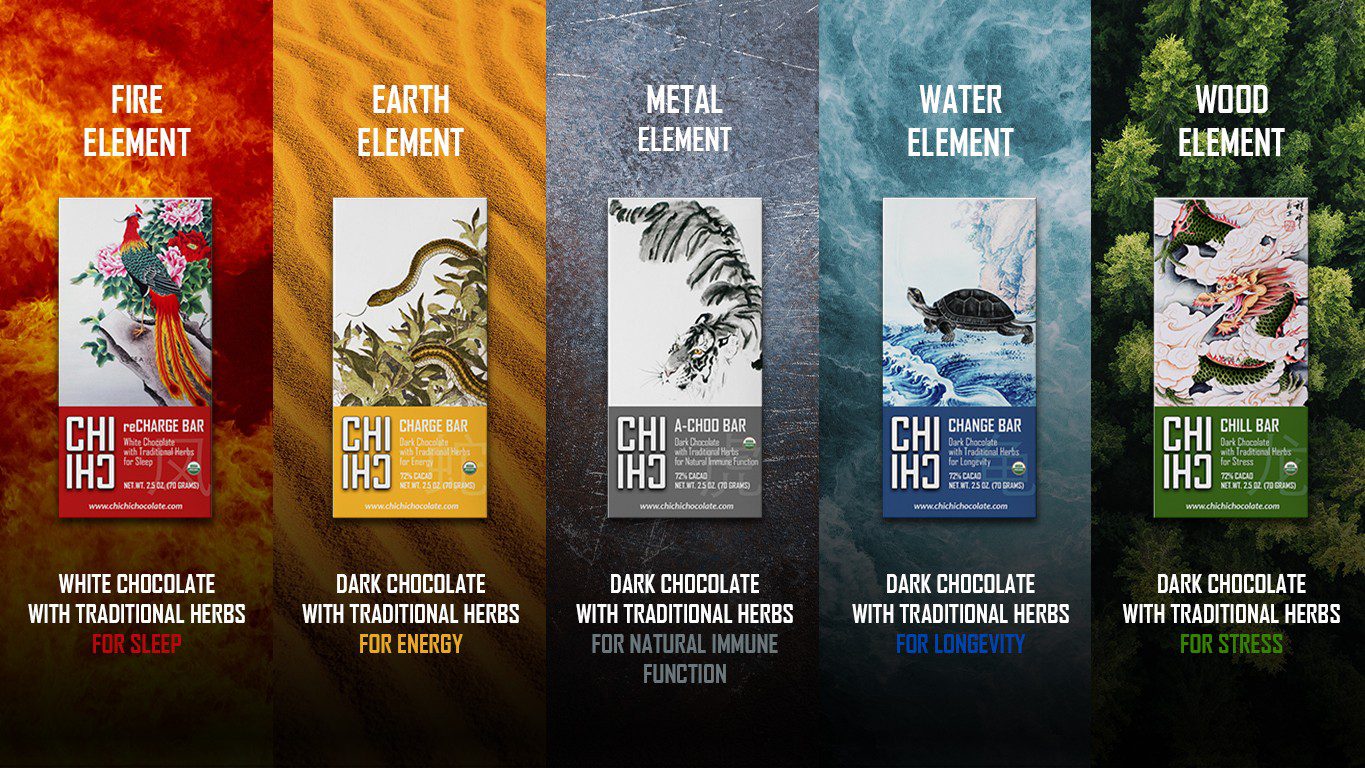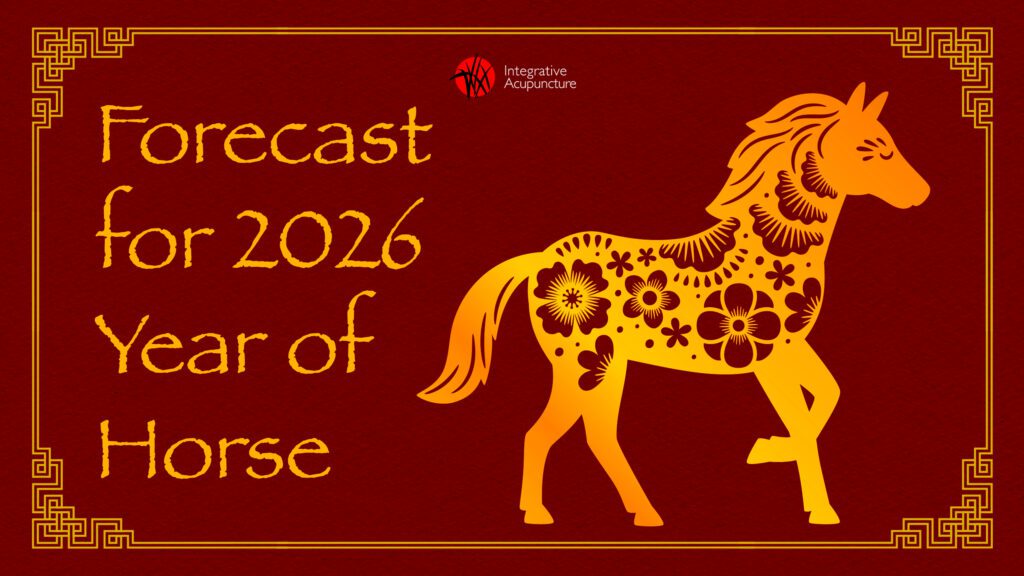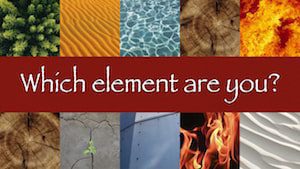Headaches in Eastern Medicine
When you get a headache what does it feel like? Is it dull, nagging, aching and lasts all day? Is it sharp, stabbing, throbbing and short-lived? Where is your pain located? Does it feel like a tight headband going from your forehead to the back of your head? Maybe into your neck? Is it on one side? Behind your eyes? Do you feel it at your temples or near your jawline? Do you feel better when you lie down in a dark room and rest? Does eating a snack or a meal help? Do you feel better when you get out and take a walk?
In Eastern Medicine, the answers to these questions help to define and diagnose the type of headache you experience based on pain, location, and whether your headache is a manifestation of a deficient or excess state.
Excess vs Deficiency
Excess conditions tend to be more intense and acute while deficient conditions tend to be more dull, nagging and chronic. If your symptoms are better with rest, your headache is likely due to deficiency because you are easily depleted. If your symptoms are better with exercise or movement, your headaches are likely due to an excess state and you need to burn off energy. In Eastern Medicine, when we diagnose a deficient state we nourish the imbalance, and in an excess state we calm the overactivity. We have several tools we use to bring the body back to balance. The main tools are acupuncture, nutrition, and botanicals.
Acupuncture
One of the best ways to get immediate relief from a headache is to find a licensed acupuncturist in your area and get acupuncture treatments. Acupuncture is when tiny needles are inserted at specific locations that correspond to your pain. Many acupuncturists specialize in headaches and love treating them. Acupuncture often provides on-the-spot relief and people leave the acupuncturist’s office headache-free. Regular acupuncture can also prevent headaches from occurring in the first place. Many people end up getting regular treatments once or twice a month to keep their headaches completely away. Book your acupuncture appointment with us today!
[videopress wR39nzBh w=”900″]Nutrition
Eastern medicine has been treating headaches with nutritional recommendations for thousands of years. First, it is good to identify if you are more prone to a stress or tension headache if you have missed meals or are feeling hungry. Many people are busy at work or on their computer focusing for hours and are not paying attention to their hunger. This type of headache means there is a deficiency occurring and the body needs energy to nourish itself and prevent a headache. It’s also possible to experience a headache after eating foods that do not agree with your constitution. For example, if your headache pain comes with brain fog, it is best to avoid sugary or fried foods and aim for healthier options. Acupuncturists are also trained in what foods are best for the type of headache you are experiencing and can recommend particular meals to prevent headaches.
Chinese Medicinals (Botanicals)
There are many formulas in the vast Chinese Medicinal Pharmacy that are used for headaches. A licensed acupuncturist has undergone many years of training in this pharmacopoeia. They can prescribe a formula that will bring balance to an excess or deficient constitution. These formulas are often individualized to each person’s constitution with great precision. However, there are common formulas used that are also very effective, including our Head Ease formula.
